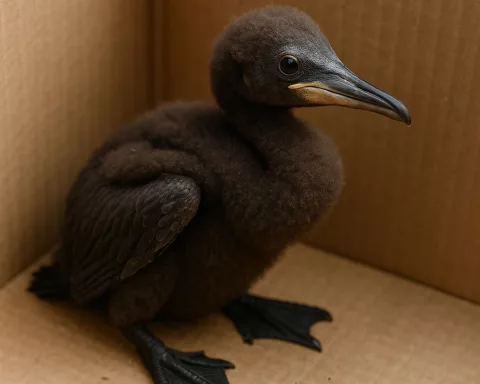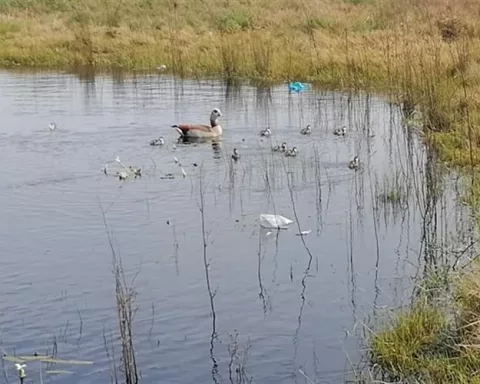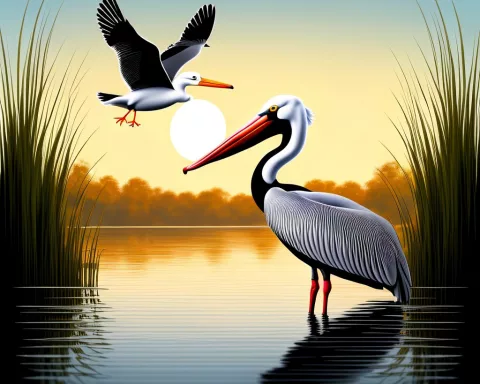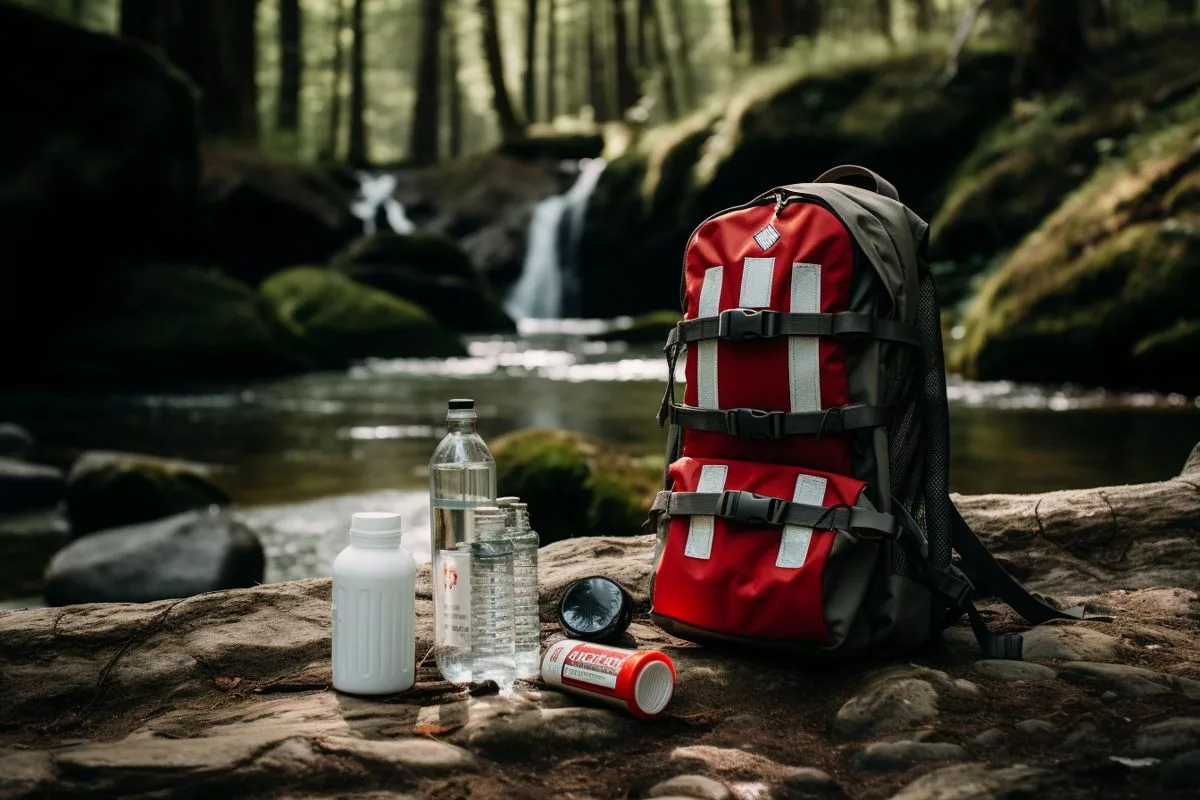A group of ten elephants broke free from the Ithala Game Reserve using two different escape routes, but all but one were recaptured with the help of a helicopter. The incident highlighted the importance of reinforcing the park’s protective fence and engaging with the local community. The Ezemvelo KZN Wildlife and the KwaZulu Natal Nature Conservation Services have made efforts to re-establish the fence and called for community members to report those who compromise the perimeter. The incident demonstrated the intelligence of the elephants and the unwavering commitment of officials, the Board, and the community to conservation.
What happened during the elephants’ escape from Ithala Game Reserve?
A group of ten elephants broke free from the Ithala Game Reserve, making use of two different escape routes. All but one of the elephants was recaptured with the help of a helicopter. The incident led to increased efforts to engage with the local community and reinforce the park’s protective fence.
Resolute Response to the Great Escape
In an exceptional incident, a band of about ten elephants boldly broke free from the secured boundaries of the Ithala Game Reserve. This incident was linked to the audacious theft of a large portion of the park’s protective fence.
Musa Mntambo, the esteemed Communications Manager of Ezemvelo KZN Wildlife, took center stage in the unfolding drama. He reported that the daring escape took place on a Wednesday. Mntambo noted that all except one of the elephants were successfully recaptured and returned to the park.
Facing this unexpected challenge, rapid measures were quickly put into action. To facilitate the return of the elephants to their home, the nimbleness of a helicopter was harnessed. However, adverse weather conditions presented a challenge, pushing back the operation to a period more suitable for flight.
Ingenious Escape Routes and Persistent Issues
Fascinatingly, the elephants demonstrated their intelligence by opting for two separate escape routes – the Phongolo River and an area known as KwaBanakile. KwaBanakile was particularly noteworthy as it was the location where locals had dismantled the fence, impeding the efforts of the Ezemvelo officials.
Ezemvelo, in response to these events, has displayed a dedication to further engage with local communities. This engagement aims to ensure the re-establishment of the fence along the Phongolo river. Alongside this, the organization has appealed to community members to report those who repeatedly dismantle the fence and pose a threat to officials performing their duties.
Echoing this appeal, Lydia Johnson, the respected Board Chairperson of KwaZulu Natal Nature Conservation Services (The Board), addressed those consistently compromising the perimeter of Hluhluwe iMfolozi Park (HiP). Johnson warned community members to stop these activities, which not only increase costs and delay the fencing project but also place community members in danger from potentially harmful wildlife.
An Ongoing Struggle and a Call to Action
Earlier in the month, Johnson and her board members had raised this issue in a community meeting. In the past six months, numerous cases of fence cutting, theft, and pole destruction have been recorded, increasing the urgency of the situation. There was an incident when the current Board assumed their roles, where they were faced with an angry community reacting to the highly publicized escape of lions from HiP. This event led to a series of protests, jeopardizing conservation efforts in the area.
However, the Board and the community managed to find a middle ground and have made significant strides forward through their joint endeavors. In her statement, Johnson appealed to all stakeholders to once again cooperate in the ongoing fence erection project.
To ease concerns, she guaranteed that new fences covering distances of more than 4.5km have already been constructed. There are plans underway to increase this, including an added 11.5km stretch near the Cengeni gate.
Unwavering Commitment to Conservation
The elephants’ escape and the subsequent events have undoubtedly led to a turbulent spell for the Ithala Game Reserve. However, the collective efforts put forth by the officials, the Board, and the community clearly show their unwavering commitment to conservation. This incident has highlighted the essential role of community involvement and collaboration in the management of our shared natural heritage.
-
How did the elephants break free from the Ithala Game Reserve?
The elephants broke free from the Ithala Game Reserve using two different escape routes. -
Were all the elephants recaptured?
All but one of the elephants were recaptured with the help of a helicopter. -
What has been done to prevent further escapes?
Efforts have been made to reinforce the park’s protective fence and engage with the local community to re-establish the fence and report those who compromise the perimeter. -
How did the elephants demonstrate their intelligence during their escape?
The elephants demonstrated their intelligence by opting for two separate escape routes, one of which was through an area where locals had dismantled the fence. -
What is the appeal to the community regarding the perimeter fence?
The community has been urged to report those who repeatedly dismantle the fence and pose a threat to officials performing their duties. -
How has the incident highlighted the importance of community involvement in conservation?
This incident has highlighted the essential role of community involvement and collaboration in the management of our shared natural heritage.












